Search
Remove Ads
Advertisement
Search Results

Definition
Gaia
Gaia (also Gaea or Ge) is a primordial goddess and the personification of the Earth in Greek mythology. Gaia emerged from Chaos and is considered the supreme or mother goddess by immortals and mortals alike. All gods and goddesses are descended...

Definition
Apollo
Apollo was a Greek god associated with the bow, music, and divination. The epitome of youth and beauty, source of life and healing, patron of the arts, and as bright and powerful as the sun itself, Apollo was perhaps the most loved of all...
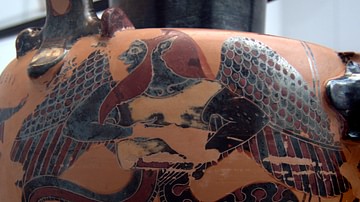
Definition
Typhon
Typhon (also Typheus) is the largest and most dreadful monster in Greek mythology. He was tall, with a brutish face, and had wings, countless snakeheads in place of hands, and a lower body made up of coiled serpents. His eyes flashed fire...

Definition
Delphi
Delphi was an important ancient Greek religious sanctuary sacred to the god Apollo. Located on Mt. Parnassus near the Gulf of Corinth, it was home to the famous oracle of Apollo which gave cryptic predictions and guidance to both city-states...
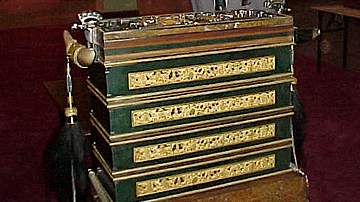
Definition
The Secret History of the Mongols
The Secret History of the Mongols is a chronicle written in the 13th century CE (with some later additions) and is the most important and oldest medieval Mongolian text. The book covers the origins of the Mongol people, the rise to power...
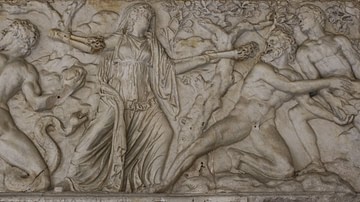
Definition
Leto
Leto is a Titan and the mother of the gods Apollo and Artemis in Greek mythology. Leto's twin children were the result of an amorous encounter with Zeus, and to avoid his wife Hera's wrath, the Titaness was obliged to give birth on the remote...
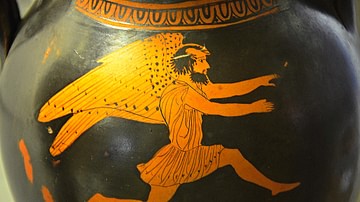
Definition
Boreas
Boreas is the god of the violent North Wind in Greek mythology. He is the son of the Titan Astraeus and Eos, the goddess of the dawn, and brother to Zephyrus (the West Wind) and Notus (the South Wind). He is best known for his bad temper...
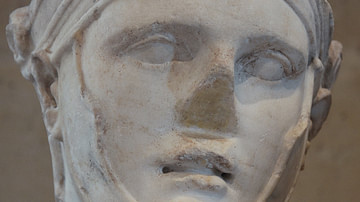
Definition
Seleucus I Nicator
Seleucus I Nicator (l. c. 358-281 BCE, r. 305-281 BCE) was one of the generals of Alexander the Great (l. 356-323 BCE) who made up the group of Diadochi ("successors") who divided the vast Macedonian Empire between them after the death of...
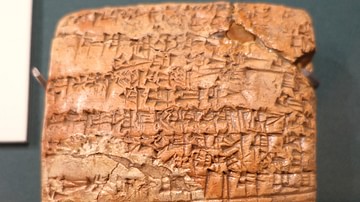
Article
Hymn to Nungal
The Hymn to Nungal (c. 2000-1600 BCE) is a Sumerian poem praising Nungal, the goddess of prisons and rehabilitation (also associated with the underworld), as well as the prison house she presided over. The piece, also known as Nungal A, was...

Video
Oracles of Ancient Greece
Oracles in the ancient Greek world were the way in which the people of Greece could communicate with their gods. Gods couldn’t be communed with directly, so an oracle, who was often a woman, was the person that the gods spoke through, acting...